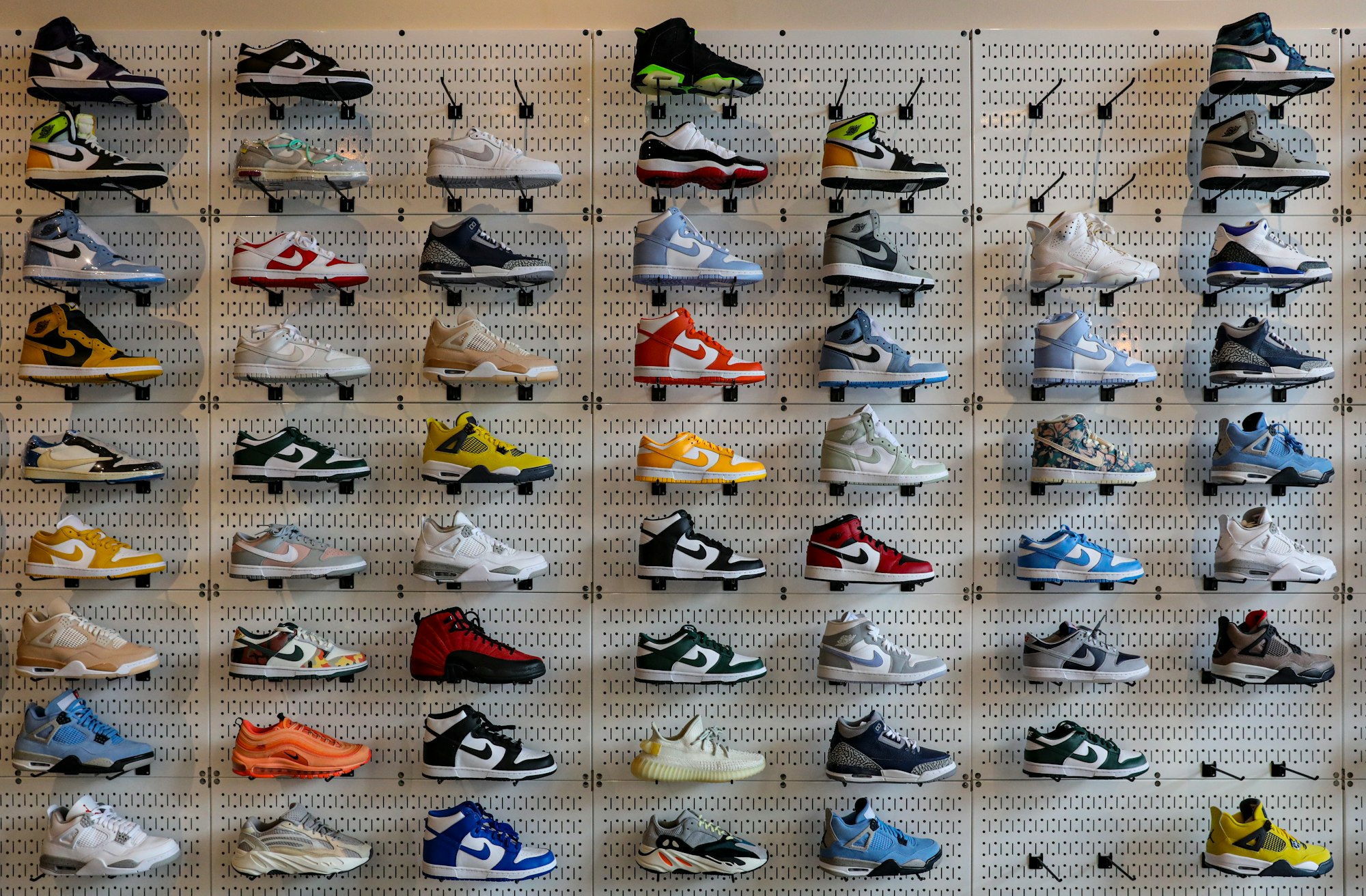Google: Adding In-store Products Can Improve Local Rankings
Google now explicitly states that in-store product availability is a local ranking factor in its own Google Business Profile documentation.

- Google now explicitly states that in-store product availability is a local ranking factor.
- Local pack results now appear on a broader number of brand- and product-level searches than just a few weeks ago.
- While businesses with local product inventory should absolutely integrate with Google Merchant Center, Google's obvious self-preferencing with this feature should raise some antitrust red flags.
